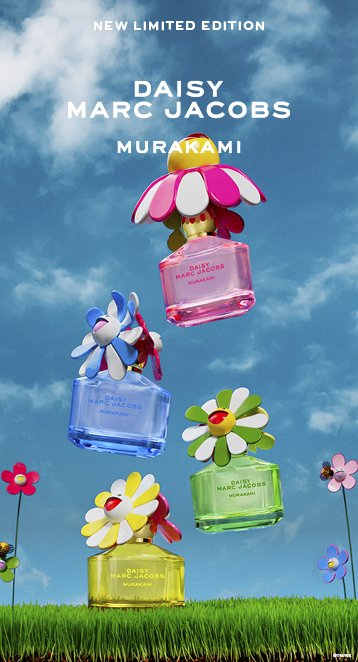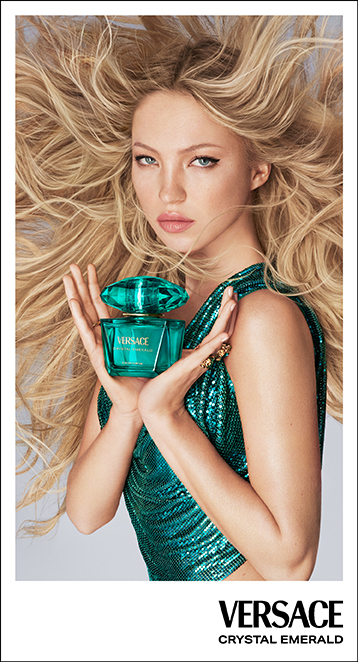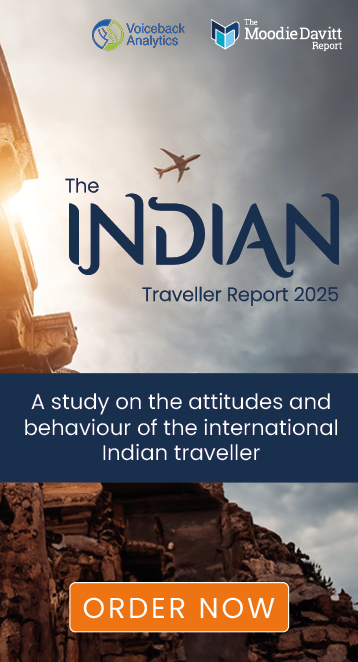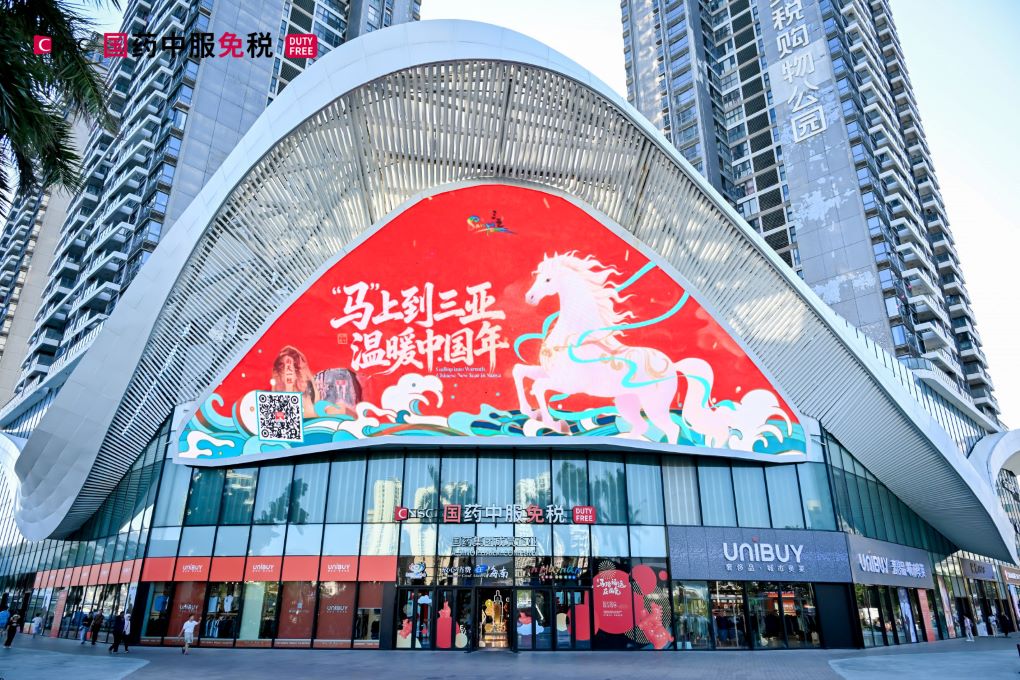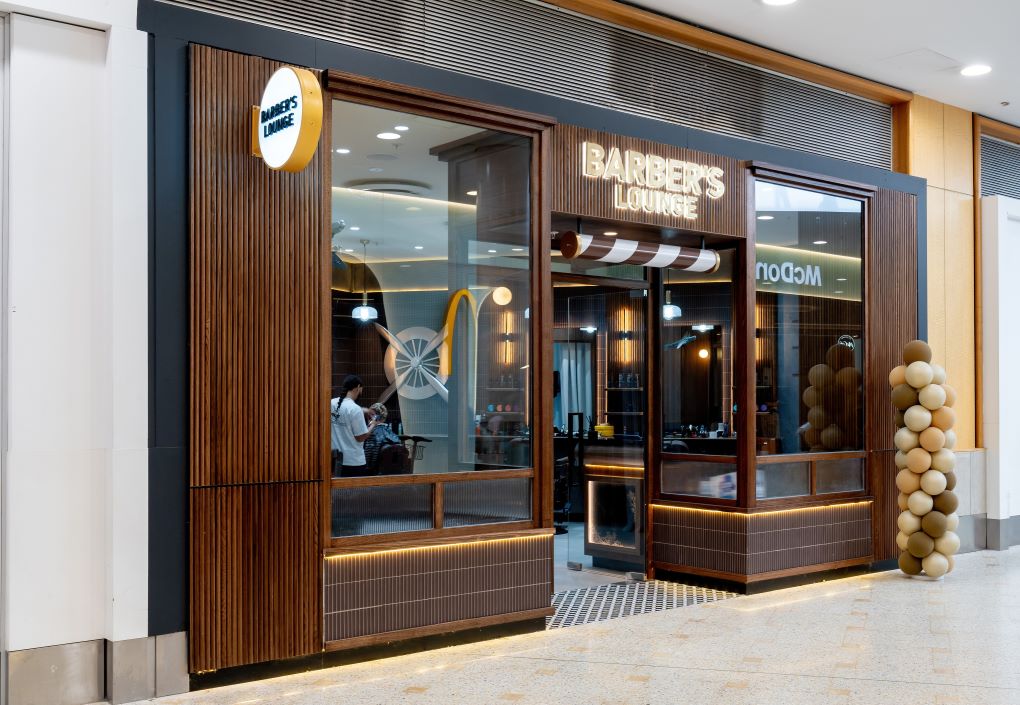![]() CHINA. Artificial intelligence (AI) will make significant progress in 2018 and will bring many opportunities for the luxury industry, writes Jing Daily’s Jessica Rapp. (Jing Daily is a partner in an information-sharing alliance with The Moodie Davitt Report).
CHINA. Artificial intelligence (AI) will make significant progress in 2018 and will bring many opportunities for the luxury industry, writes Jing Daily’s Jessica Rapp. (Jing Daily is a partner in an information-sharing alliance with The Moodie Davitt Report).
Although Silicon Valley is taking much of the world’s attention, China has stated its intention to make AI a US$150 billion industry by 2030. A recent white paper released by a Chinese internet recruitment platform found that the demand for AI doubled last year and salaries for the field have grown significantly, Rapp notes. Google announced it was opening an AI research lab in Beijing at the end of 2017.
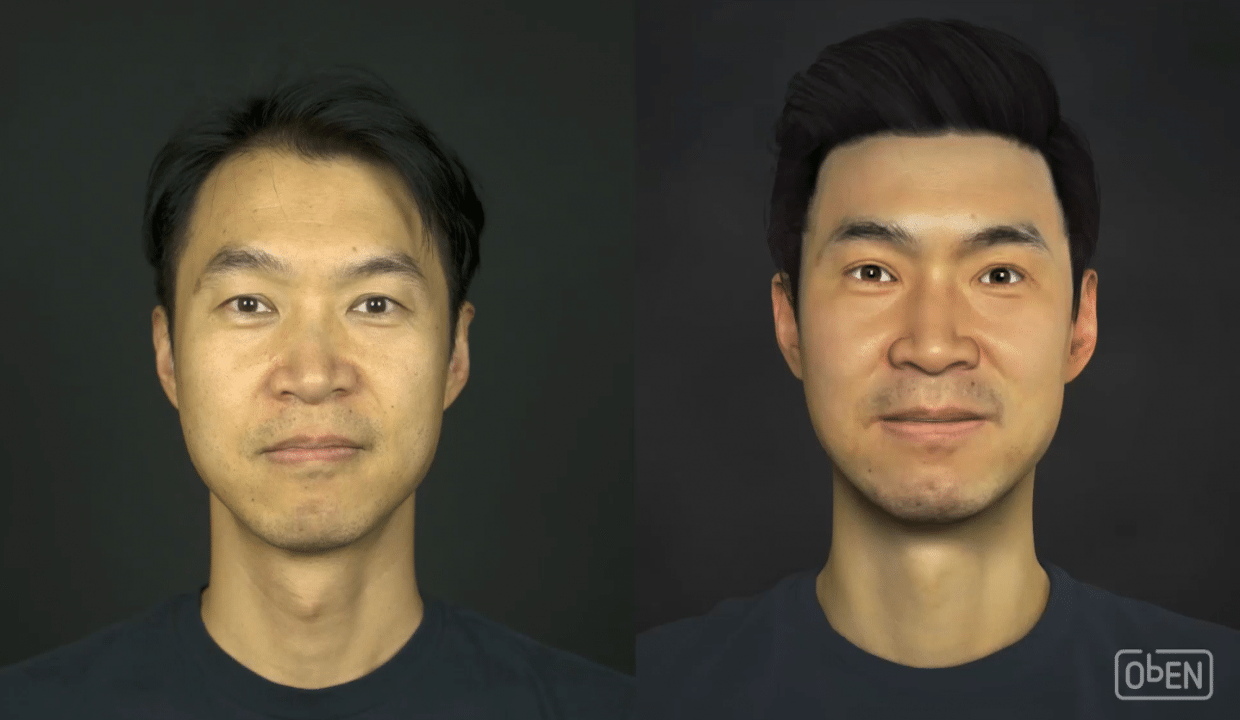
Image: ObEN
Adrian Cheng, founder of K11 Art Mall (which blends retail mall and art museum) in Hong Kong, has invested US$10 million in an AI start-up from California called ObEN. It uses AI technology to create 3D ‘intelligent avatars’ that are designed to look, sound, and behave like the user. Cheng thinks these avatars offer retailers the chance to create more immersive and tangible customer service experiences powered by machine learning.
Last summer, ObEN announced a collaboration with Tencent, raising US$5 million in funding to create AI avatars—or Personal AIs (PAIs)—for celebrities. Once the technology is market ready, celebrities could effectively communicate with their fans without being physically present. Cheng also thinks the technology could be used to create real-looking bots that will interact with shoppers.
In the Jing Daily article, Rapp also presented several ways in which AI will impact luxury brands, which are reproduced here. “AI implementation could breathe new life into what it means to go to a brick and mortar shopping mall in China, just as it is changing online shopping,” she says.
Stylecasting with Tencent
Before Tencent announced it was seeking opportunities to create virtual avatars of celebrities, the technology powerhouse showed off its ability to use big data to understand the wardrobe preferences of its users. Its research team Youtu Lab is able to identify the most popular colour and patterns favored by a specific age group and used this data to inform Chinese designer Chi Zhang’s AW18 collection, which he debuted at New York Fashion Week. It may not be long before international brands are using this information to improve their marketing strategies on Tencent’s WeChat platform or to adjust what products are offered to certain markets.
Alibaba’s ‘New Retail’
By now, nearly everyone in the retail industry has heard of the supermarkets developed by Alibaba as part of its New Retail model, integrating offline spaces with the convenience of online e-commerce. That strategy is also being applied in the fashion retail sector, most recently causing a stir on Singles’ Day when it introduced 100,000 ‘smart’ pop-up stores across China by brands like L’Oréal and Nike. Using consumer data processed by AI, the smart stores were able make more relevant product recommendations and get orders to customers faster by utilising nearby warehouses. According to Forbes, the first order using Alibaba’s ‘smart logistics’ model was delivered in just over 12 minutes. Alibaba’s record-breaking sales results might prompt more traditional luxury brands to take part in these pop-up stores the next time around.
Predictive fashion
Online retailers can almost seem telepathic in their ability to show recommended and related products to customers and generate a few more sales in the process. A similar strategy is being applied to the fitting room thanks to Alibaba, as it leverages its New Retail efforts to improve customer experience both online and offline. Late last year, the company debuted FashionAI, a system that uses deep learning to help customers make style choices based on what clothing they try on in the store. FashionAI is trained to recognise items of clothing based on what products Alibaba carries on its e-commerce platforms as well as style decisions gathered from its online shoppers. The ultimate goal is to create the ‘perfect’ outfit for the customer, making them feel good and hopefully inspiring them to spend more.

Image: Meitu
Better selfies
Before Adobe announced it was working on its own impressive AI-powered selfie editing features, Chinese beauty app Meitu had already released a phone with a selfie selling point: the front-facing camera uses AI to help users take better selfies. Meitu calls it ‘advanced beautification’, which essentially picks up on aspects of the picture like skin tone and face shape to create more personalised adjustments to the selfie. In a society where selfies are so important, these kinds of features may eventually be informative for beauty brands seeking to better understand the aspirations of their market.
Playing the price game
With the knowledge that many Chinese consumers are price conscious when it comes to buying luxury goods, a Shanghai-based start-up called LUXSENS is using an AI algorithm, which gets more intelligent as it receives more data points. It maps out the best prices for luxury goods across 19 countries and 500 suppliers. This data is then processed and supplied to both luxury merchants and consumers so that they can learn about where they can find the best deal before ordering it from the platform or making a point to visit the retail location when they travel.
Click here to read the full article and to subscribe to Jing Daily.
 *This article was originally published by the much-respected JING DAILY, a Moodie Davitt Report content partner.
*This article was originally published by the much-respected JING DAILY, a Moodie Davitt Report content partner.



